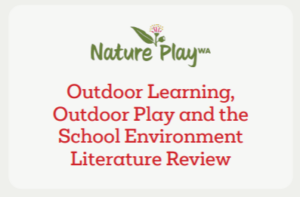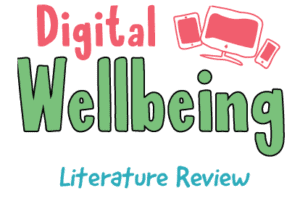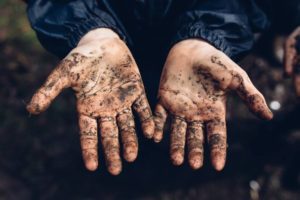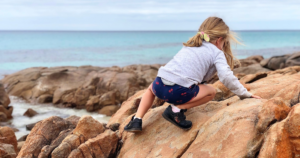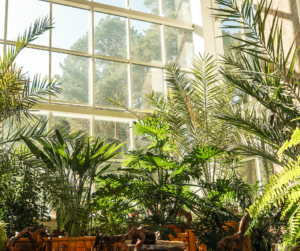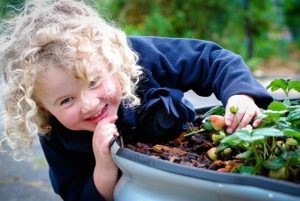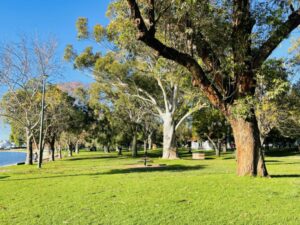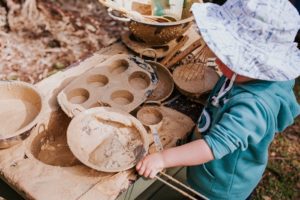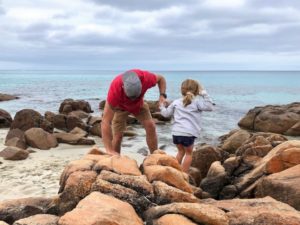Research into the importance of nature play, learning outdoors, risk-taking and children's mental and physical health and wellbeing forms the basis for the work we do.
Here you'll find the latest scientific research that shows the benefits of nature play for our children!
Use the Search function, or click on a keyword in Resource Categories to find research about a particular subject.
Nature Play WA's Research
Nature Play WA undertook a comprehensive literature review for the Education Department of WA that considers three critical elements to improving student experience and learning in school settings: outdoor learning, outdoor play and the school environment.
Nature Play WA, in conjunction with researchers from the Telethon Kids Institute, has created a ‘what you need to know’ guide for parents on the impacts of excessive screen time, highlighting new and relevant research in a clear and easy-to-understand manner.
This report, written to support Australia’s Outdoor Classroom Day, sets out not only a snapshot report on how much more playtime Australian children are getting compared to everyone else, but also an overview of why outdoor learning and play is so very important.
Curated Research
This study aimed to investigate the relationship between parent attitudes to risk and injury, and their elementary school-aged child’s daily adventurous play.
Read MoreScreen Time at Age 1 Year and Communication and Problem-Solving Developmental Delay at 2 and 4 Years
In this study, greater screen time for children aged 1 year was associated with developmental delays in communication and problem-solving at ages 2 and 4 years.
Read MoreThis study investigates the effects of natural exposure in an indoor environment on restorative quality and cognitive ability.
Read MoreDespite an increased drive over the past two decades in Western societies to promote children’s physically active play to improve their health, there are concerns that childhood has become less physically active.
Read MoreNature contacts are recognized as positively contributing to humans’ health and well-being. Although there have been projects to green daycare or schoolyards, yard greening and microbial biodiversity have never been studied simultaneously.
Read MoreIncrease of allergic conditions has occurred at the same pace with the Great Acceleration, which stands for the rapid growth rate of human activities upon earth from 1950s. Changes of environment and lifestyle along with escalating urbanization are acknowledged as the main underlying causes.
Read MoreSlower epigenetic aging is associated with exposure to green space (greenness); however, the longitudinal relationship has not been well studied, particularly in minority groups.
Read MoreNature Play WA undertook a comprehensive literature review for the Education Department of WA that considers three critical elements to improving student experience and learning in school settings: outdoor learning, outdoor play and the school environment.
Read MoreNature play is growing in popularity, with many early childhood settings transforming their outdoor play environments to incorporate more natural elements.
Read MoreAbstract Contact with natural environments is associated with good health and well-being. Although childhood nature experiences may be important in the development of an individual’s relationship with nature and subsequent well-being, previous studies have tended to focus on ‘nature’ in general, and the mechanisms by which childhood experiences influence well-being in adulthood remain insufficiently studied. […]
Read More
